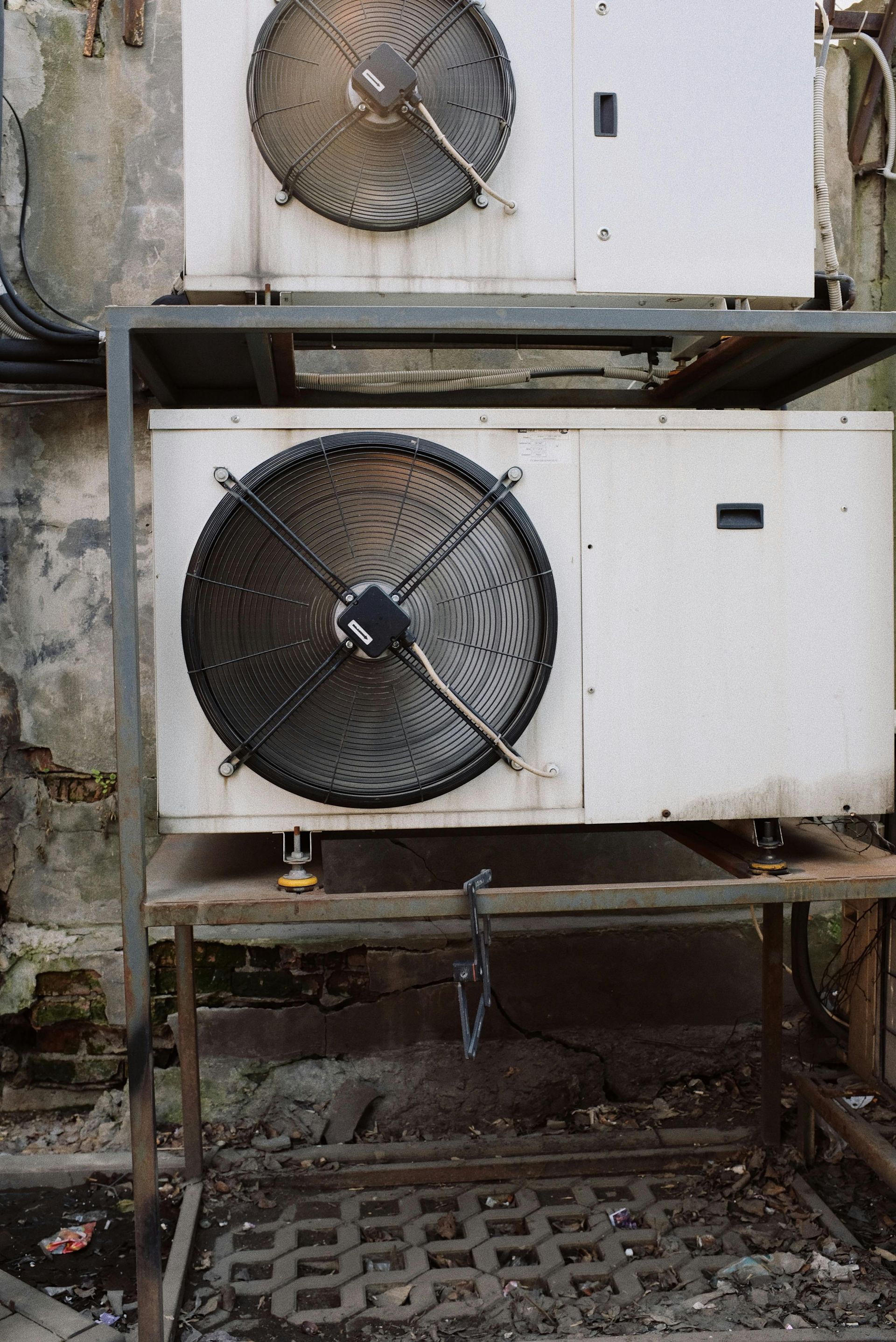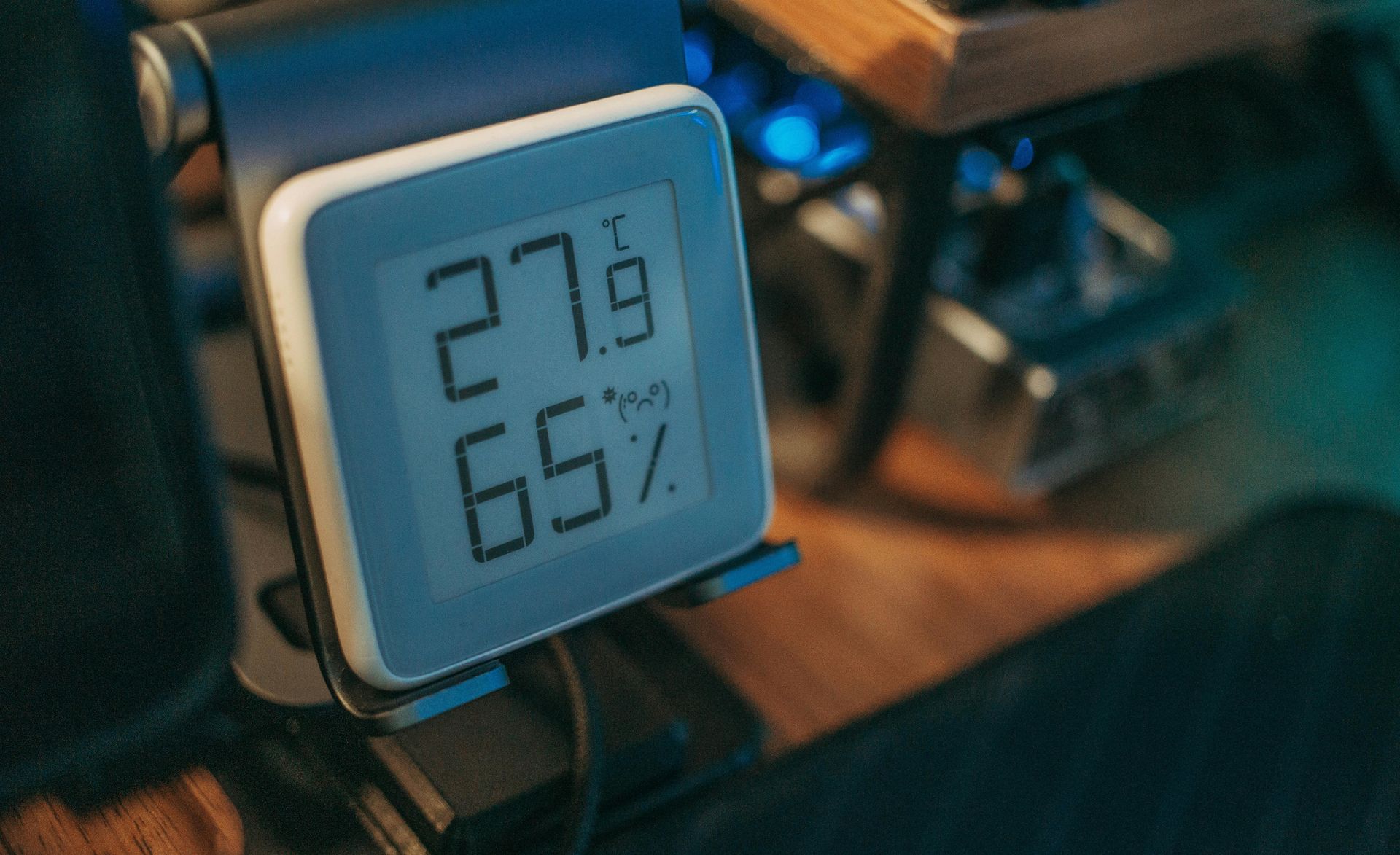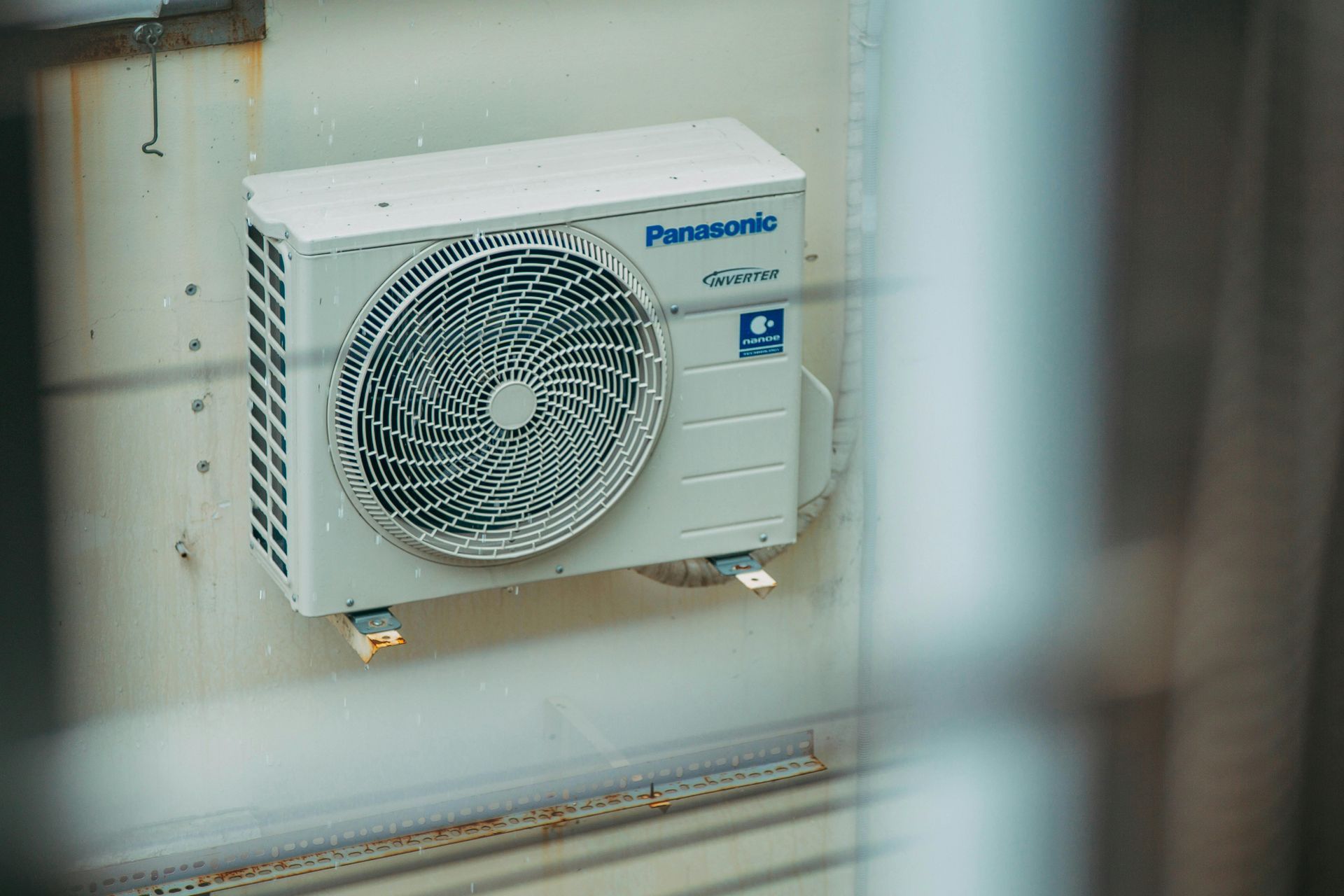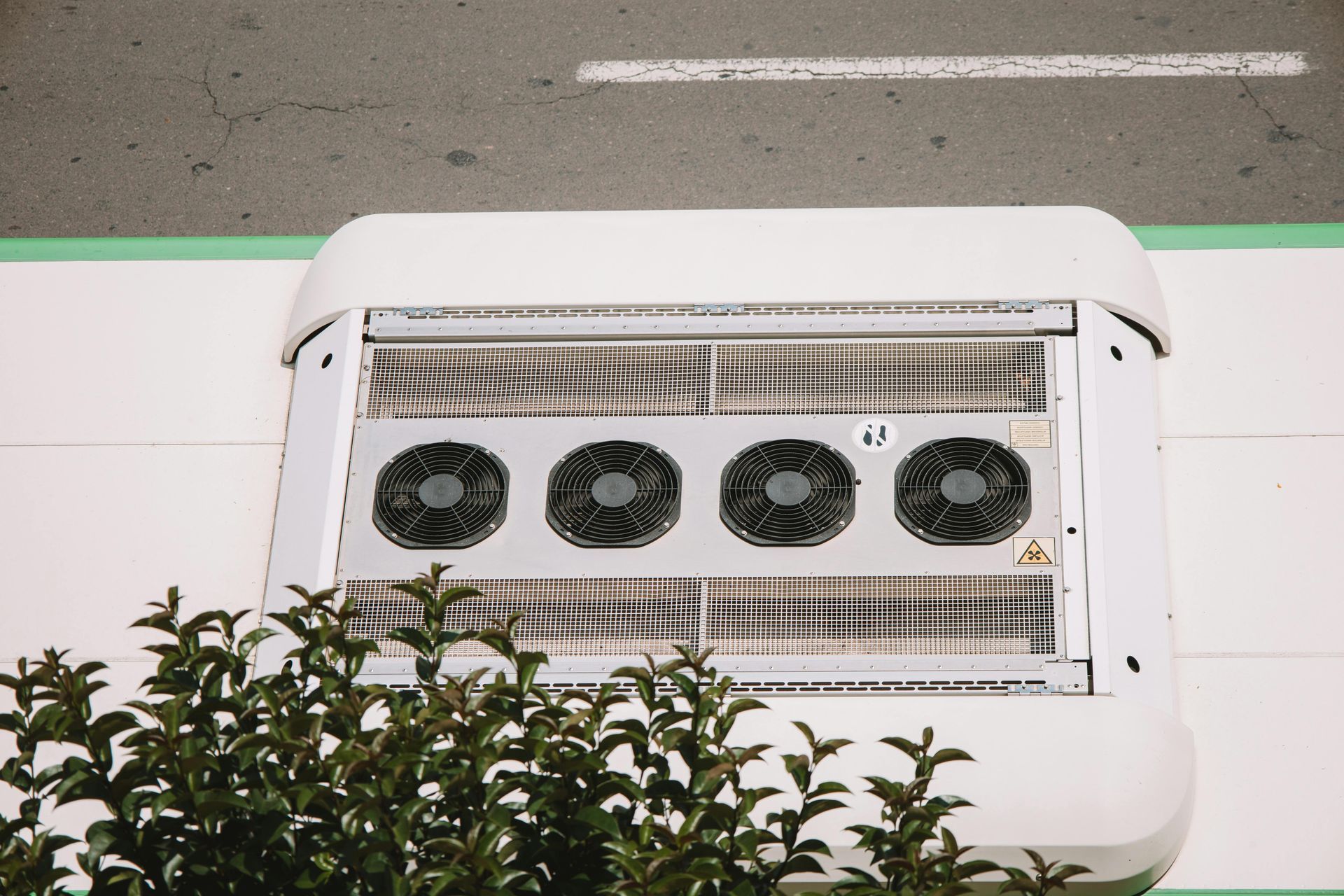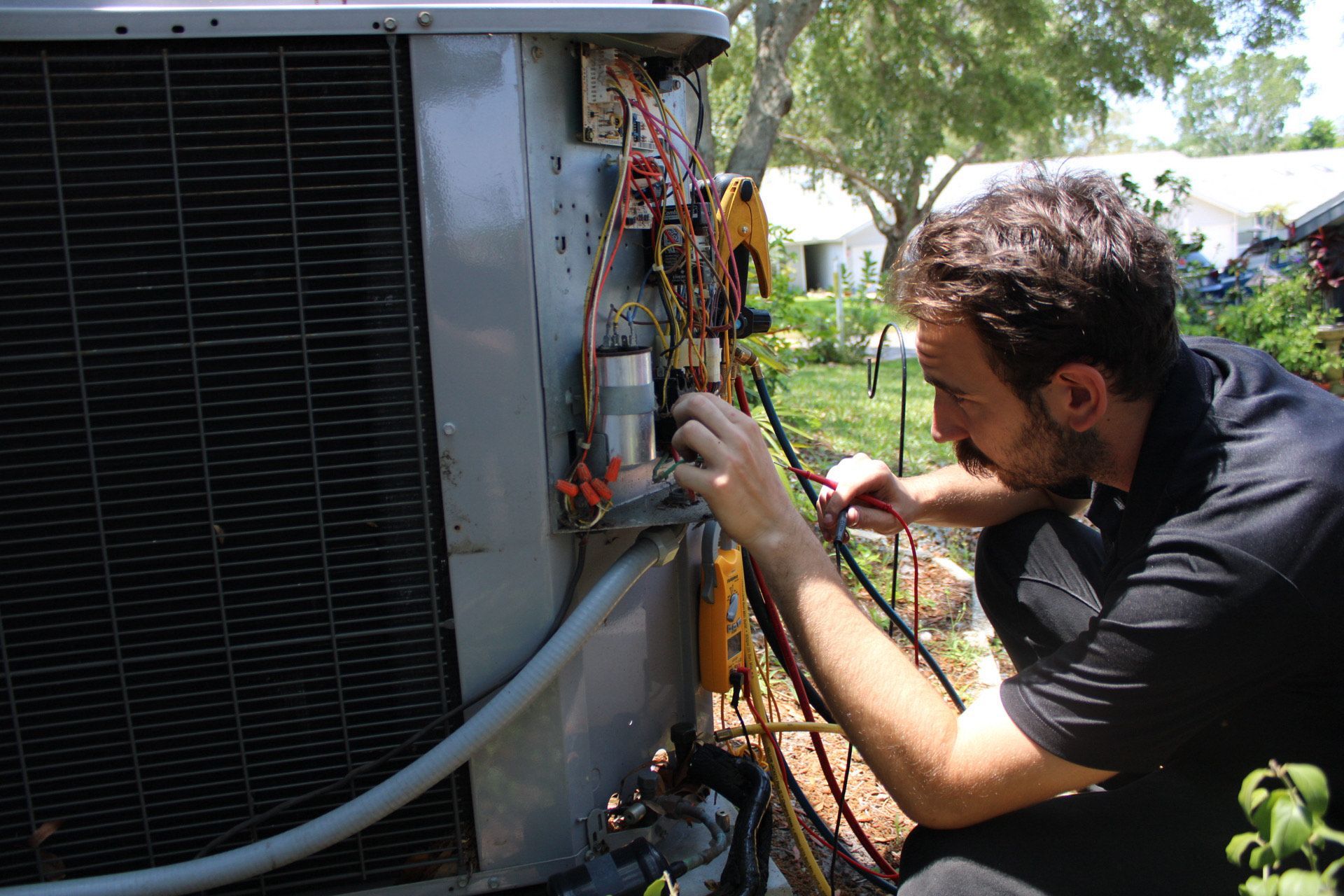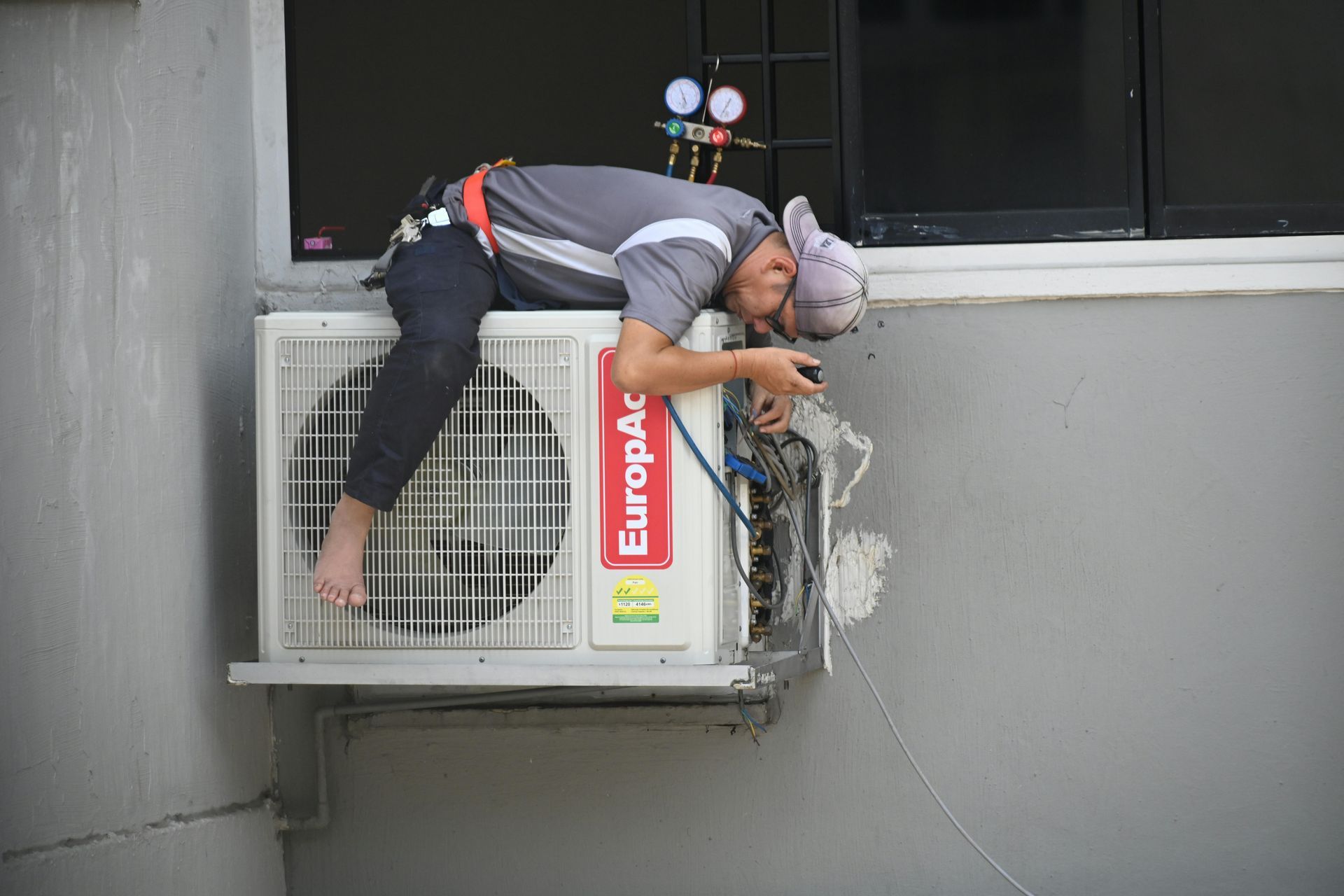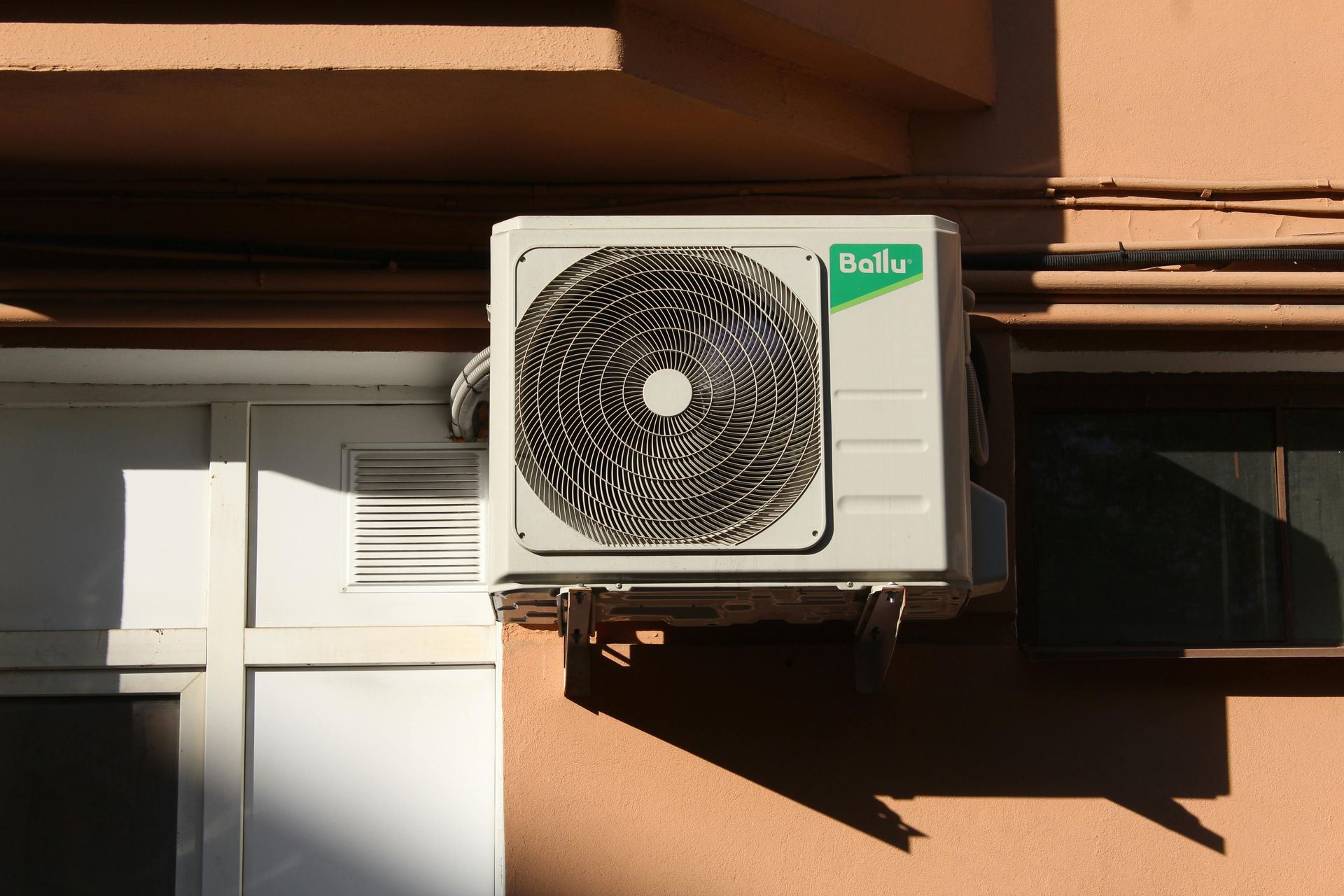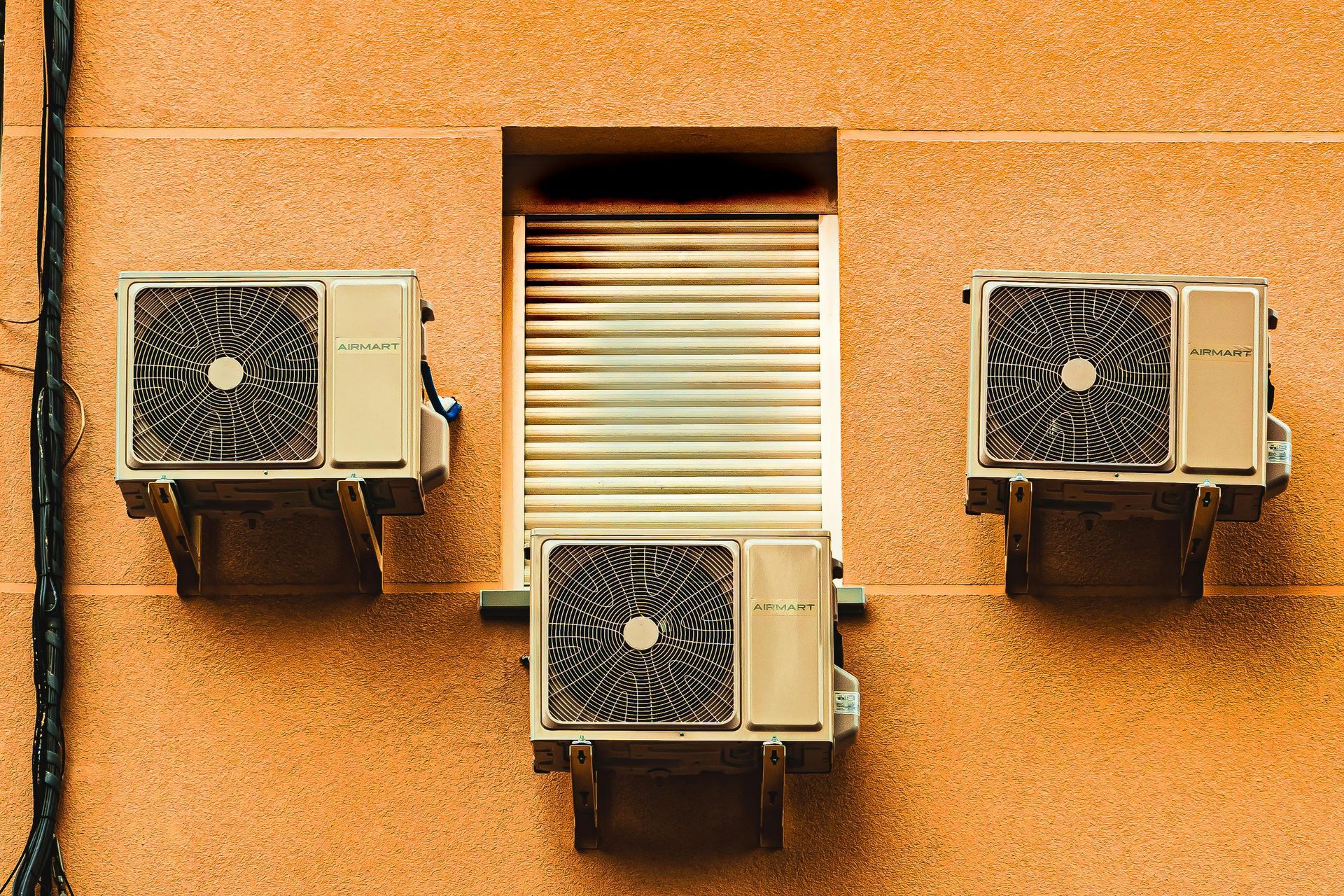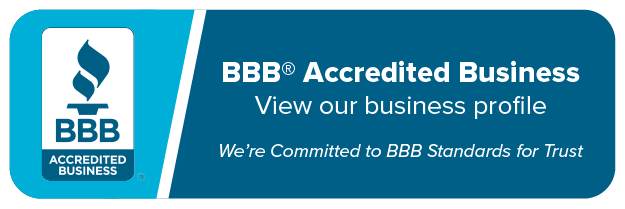Hurricane Season HVAC Prep for Florida Facilities
Secure Outdoor Units Against Wind and Debris
Outdoor condensers and rooftop units are the most vulnerable during a hurricane. High winds can dislodge them if they are not properly anchored. Before hurricane season, make sure your equipment is bolted down and, if necessary, reinforced with hurricane straps. Loose debris like branches, tools, or outdoor furniture can also cause major damage if winds send them flying. Clear the area around your units and trim nearby trees to prevent impact. Some facilities also place temporary covers or plywood shields over equipment to reduce the chance of debris getting inside, but these should be removed immediately after the storm to prevent trapped moisture.
Protect Equipment from Flooding
For facilities in flood-prone areas, water can be as damaging as wind. Even a few inches of flooding can destroy electrical components and motors. If possible, elevate ground-level equipment on platforms high enough to stay above standing water. For units that cannot be moved, sandbags or barriers can help redirect water flow. Just as important, power to HVAC systems should be shut off before a major storm arrives. Disconnecting power at both the installed thermostat and breaker reduces the risk of short circuits or electrical hazards if water does reach your system. Only restore power after the storm once you are sure the equipment is safe and dry.
Schedule Pre-Season HVAC Maintenance
Preventative AC maintenance before hurricane season gives your system the best chance to handle extreme conditions. A professional tune-up should include cleaning coils, checking refrigerant levels, inspecting electrical connections, and ensuring drain lines are clear. These steps not only improve efficiency but also help identify small problems before they turn into bigger failures under stress. For Florida facilities, commercial HVAC maintenance is especially important because humidity and salt air accelerate wear and tear. A well-maintained HVAC system is more resilient, more efficient, and better prepared to start back up quickly after a storm.
Plan for Power Outages
Hurricanes often bring extended power outages, which can leave facilities without cooling and ventilation when it is needed most. Backup power planning is a critical part of hurricane preparation. Portable generators can supply power to smaller systems or essential areas, while standby generators can restore power automatically to the entire building. Facility managers should ensure their generator is properly sized for HVAC loads and tested under real conditions before storm season. Surge protection is also highly recommended to prevent voltage spikes from damaging sensitive HVAC electronics when power returns. After an outage, systems should be restarted gradually to avoid overloading circuits or compressors.
Inspect Systems Carefully After the Storm
Once the storm has passed, it is tempting to turn everything back on immediately. Instead, take the time to inspect your HVAC system carefully. Remove debris from around outdoor units, check for visible damage, and make sure panels, wiring, and connections are intact. Never restart equipment that has been flooded or that shows signs of damage without professional inspection. Running compromised equipment can cause further destruction and create safety hazards. A post-storm checkup by a qualified HVAC contractor in Florida ensures your system is safe to operate and ready to restore comfort quickly.
Address Indoor Air Quality
After hurricanes, indoor air quality is often overlooked. Power outages and flooding can lead to elevated humidity, mold growth, and dust accumulation inside ductwork. Replacing HVAC filters immediately after a storm is an easy but effective step to improve air quality. Facilities that experienced leaks or high moisture should also consider duct inspections and dehumidification. Keeping indoor humidity below 60% will reduce the risk of mold and make the environment healthier for employees and visitors. Clean air is a key part of recovery, and your HVAC system is central to restoring it.
Stay Resilient with Proper Prep
Hurricanes are a fact of life in Florida, but serious HVAC damage doesn’t have to be. By anchoring outdoor units, protecting against floods, scheduling seasonal maintenance, planning for backup power, and carefully restarting equipment after a storm, facilities can dramatically reduce downtime and repair costs. Reliable AC service is critical to business operations, and preparing ahead of hurricane season ensures your facility can recover quickly.
At Ordine’s Air Conditioning and Heating, we help Florida facilities stay ready with expert hurricane HVAC preparation. From pre-season tune-ups to post-storm inspections, our team ensures your system is secure, efficient, and storm-ready. Contact us today to schedule your hurricane season HVAC prep and keep your facility protected no matter what the weather brings.



